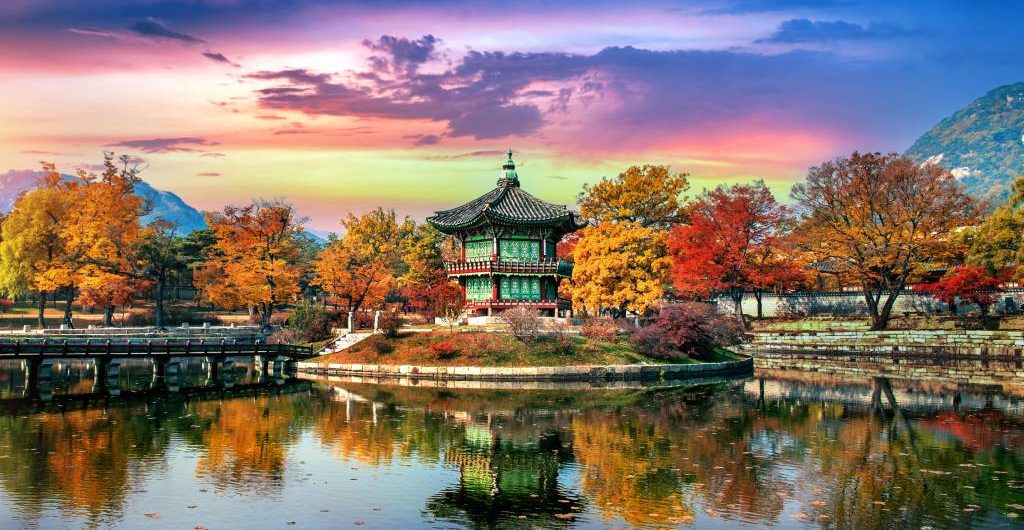
Seoul, the vibrant and dynamic capital of South Korea, stands as a testament to the country’s remarkable journey from ancient traditions to cutting-edge modernity. Nestled in the northwestern part of the Korean Peninsula, Seoul is a city that seamlessly blends rich historical heritage with futuristic innovation. In this exploration of Seoul, we delve into its history, culture, landmarks, and its position as a global economic powerhouse.
Historical Background
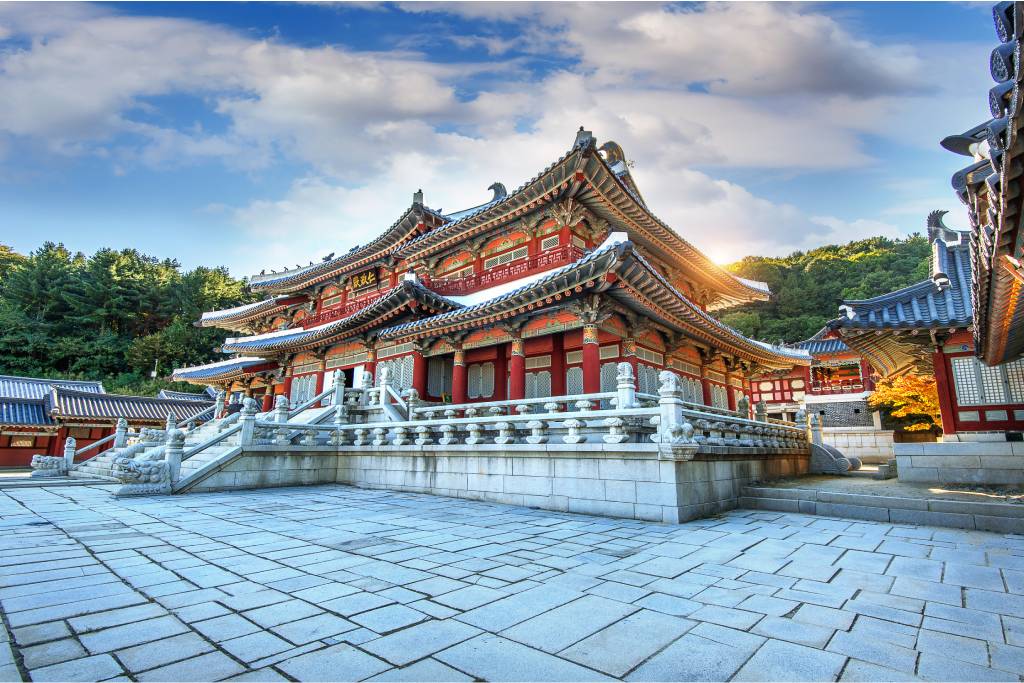
- Early History and Foundation: Seoul’s history dates back over two thousand years, with its origins rooted in the Baekje Kingdom. The city was officially founded in 1394 during the Joseon Dynasty, serving as the capital for more than five centuries.
- Dynastic Eras and Historical Landmarks: Throughout its history, Seoul has been the stage for remarkable dynastic achievements. Notable landmarks like Gyeongbokgung Palace, Changdeokgung Palace, and Bukchon Hanok Village preserve the architectural and cultural legacies of these eras.
- Modern History and Post-Korean War Development: After the Korean War, Seoul transformed rapidly into a modern metropolis. The city’s resilience and determination played a pivotal role in the nation’s recovery and economic ascent.
Geography and Location
- Geographical Location and Topography: Seoul is situated in the northwest part of South Korea, nestled within the Han River Basin. Surrounded by mountains, including Bukhansan and Namsan, Seoul boasts breathtaking natural scenery.
- Surrounding Regions and Proximity to North Korea: Seoul’s location near the demilitarized zone with North Korea has significant geopolitical implications, making it both an economic powerhouse and a symbol of hope for reunification.
- Climate and Weather Patterns: Seoul experiences four distinct seasons, with hot summers, cold winters, and colorful springs and autumns. The city’s weather influences everything from its festivals to daily life.
Demographics and Culture
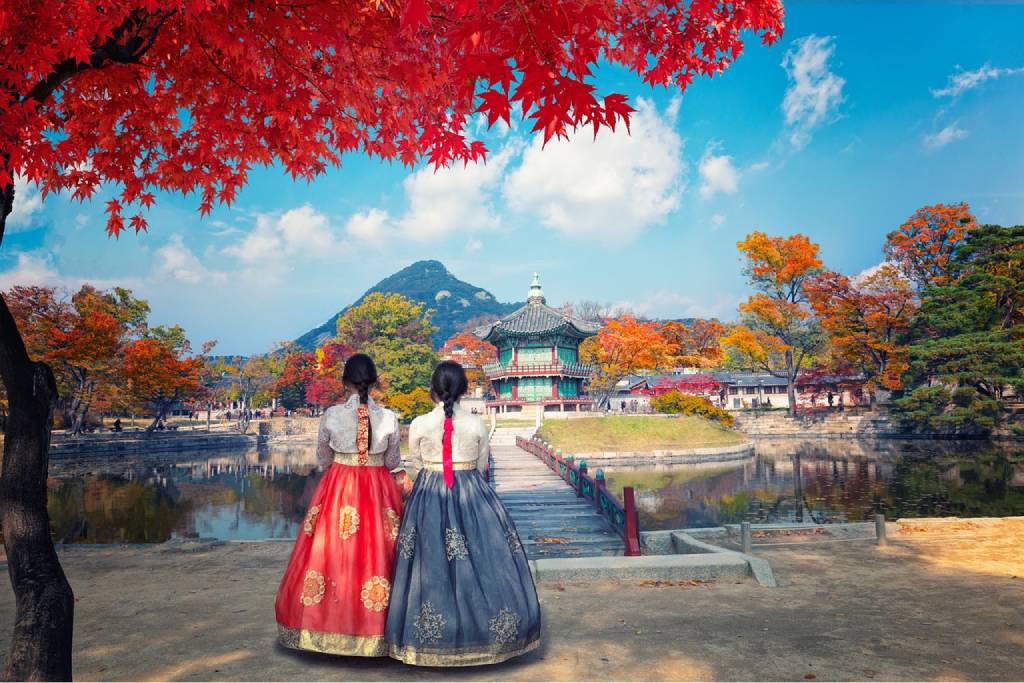
- Population Statistics and Growth Trends: With a population exceeding 10 million people, Seoul is one of the most densely populated cities globally, reflecting South Korea’s rapid urbanization.
- Cultural Diversity and Ethnic Groups: While South Korea is primarily ethnically homogeneous, Seoul has seen an increase in international residents and tourists, contributing to a vibrant multicultural atmosphere.
- Language and Cultural Traditions: Korean is the predominant language, and Seoul’s cultural traditions, such as kimchi-making and traditional tea ceremonies, showcase the nation’s rich heritage.
Landmarks and Attractions
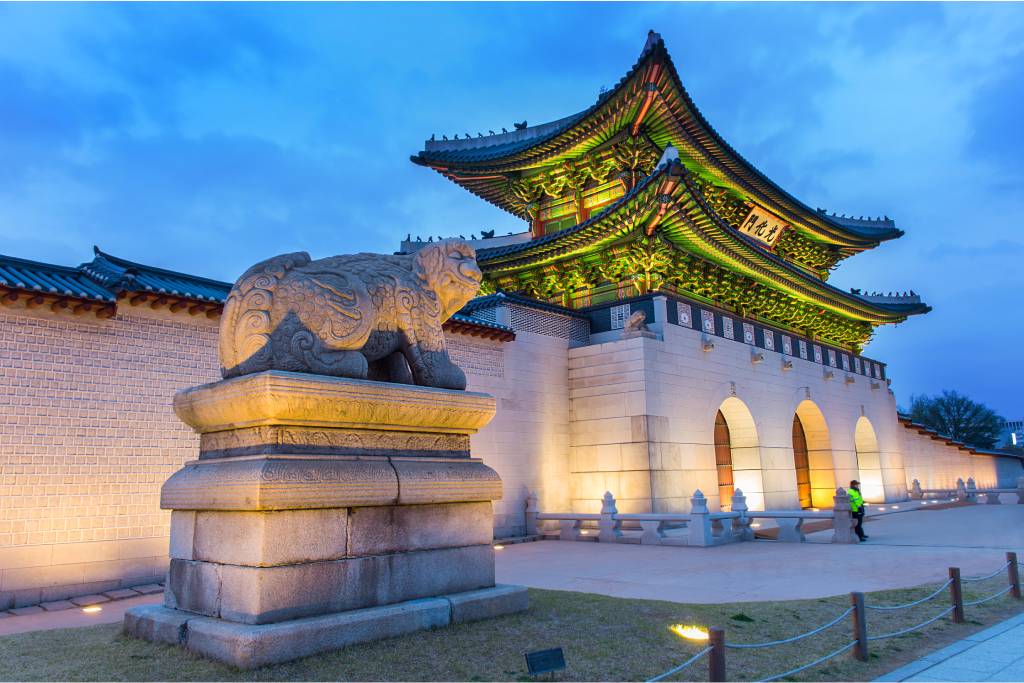
- Iconic Landmarks: Gyeongbokgung Palace, with its grandeur and historic significance, stands as an iconic symbol of Seoul. Namsan Tower offers breathtaking panoramic views of the city, while Bukchon Hanok Village provides a glimpse into traditional Korean architecture.
- Museums and Cultural Institutions: Seoul is home to world-class museums like the National Museum of Korea and the Seoul Museum of Art, offering a deep dive into the nation’s art and history.
- Shopping Districts and Entertainment Areas: From the bustling streets of Myeongdong for shopping to the trendy districts of Gangnam for nightlife, Seoul caters to every interest and passion.
Economy and Business
- Seoul as an Economic Hub: Seoul’s central role in South Korea’s economy is undeniable, housing major conglomerates like Samsung and Hyundai, as well as being a global financial center.
- Major Industries and Corporations: The city’s economic strength lies in industries ranging from technology and automotive manufacturing to entertainment and cosmetics.
- Employment and Business Opportunities: Seoul’s thriving job market attracts professionals from around the world, contributing to its diverse and dynamic workforce.
Education and Research
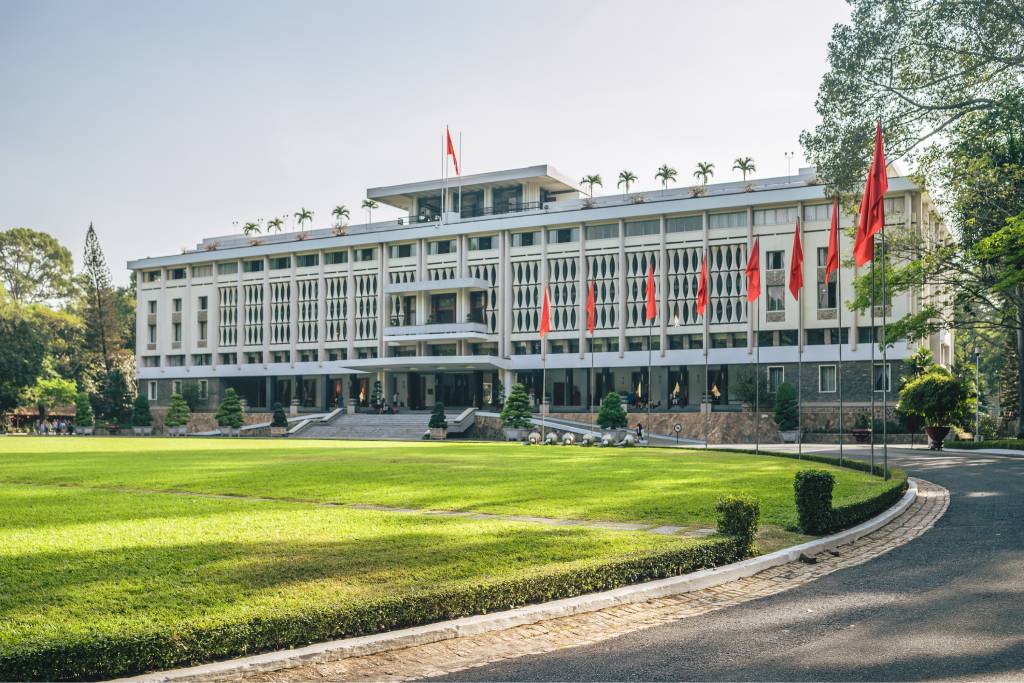
- Educational Institutions and Universities: Seoul’s universities, including Seoul National University and Yonsei University, are renowned for their academic excellence and research contributions.
- Research Centers and Innovation Hubs: The city fosters innovation and research through numerous technology hubs and government initiatives.
- Importance of Education in Seoul’s Development: Seoul’s emphasis on education has played a pivotal role in shaping the nation’s rapid progress and economic development.
Transportation
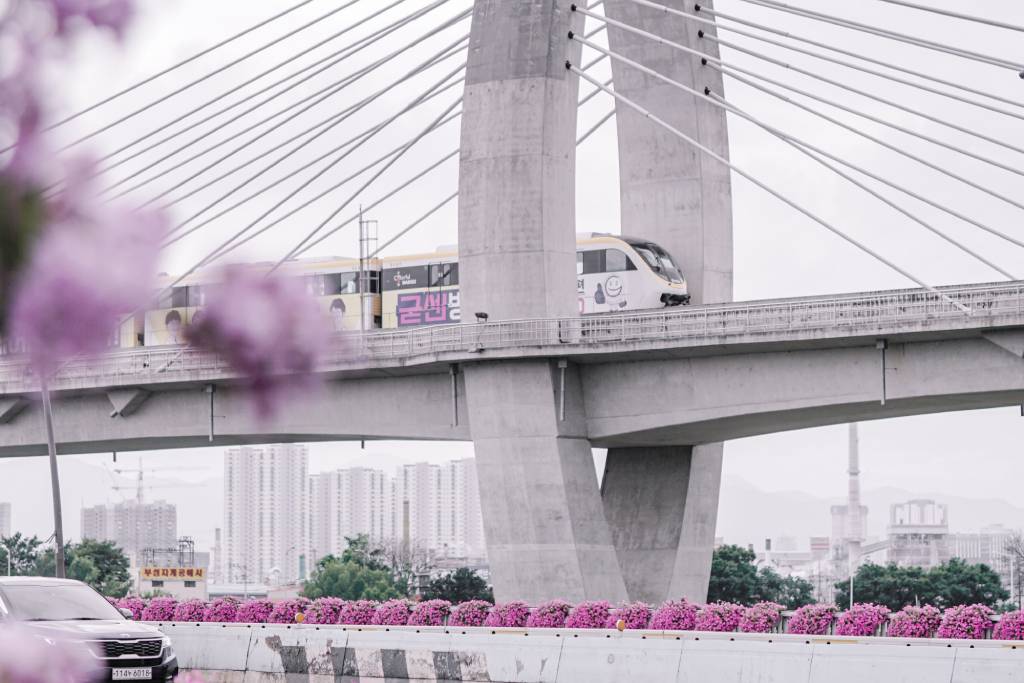
- Public Transportation System: Seoul boasts an efficient and extensive public transportation network, including a world-class subway system and buses, making it easy to navigate the city.
- Roads and Highways: Well-maintained roads and highways connect Seoul to the rest of South Korea, facilitating commerce and travel.
- Airports and International Connectivity: Incheon International Airport serves as a major gateway to Asia and the world, positioning Seoul as a global travel hub.
Entertainment and Nightlife
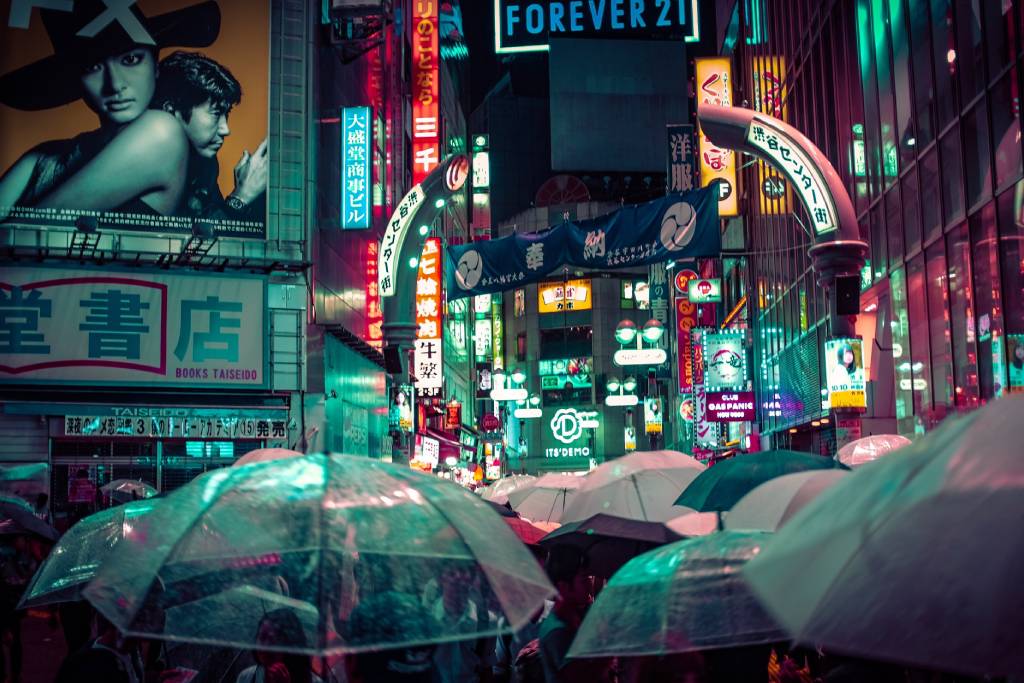
- Dining and Culinary Scene: Seoul is a food lover’s paradise, offering a vast array of Korean cuisine, from street food stalls to upscale restaurants.
- Theatres, Music Venues, and Cultural Events: The city’s vibrant cultural scene includes K-pop concerts, traditional performances, and international art exhibitions.
- Nightclubs and Nightlife Districts: Seoul’s nightlife is electric, with districts like Hongdae and Gangnam offering a diverse range of entertainment options.
Modern Challenges and Future Prospects
- Urban Development and Infrastructure Challenges: Seoul continues to grapple with issues related to urban sprawl, traffic congestion, and housing affordability.
- Environmental Concerns and Sustainability Efforts: The city is actively working to address environmental issues, promoting green spaces, and reducing carbon emissions.
- Future Plans and Urban Development Projects: Seoul’s forward-thinking leaders are committed to sustainable development, with projects like the Seoullo 7017 overpass park redefining the urban landscape.